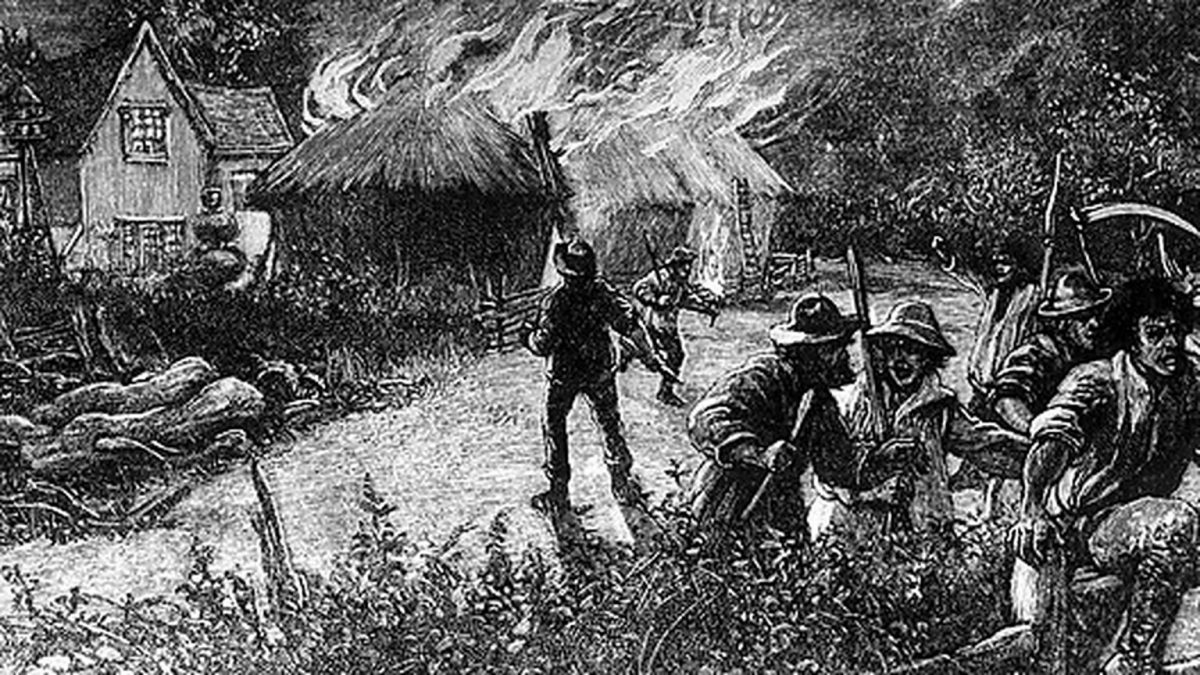19th Century Warfare
Topic 2: 19th Century Warfare
One effect of the wars overseas was an increased demand on the county’s industry and an increased use of the river and canal system, which was used to transport war materials and troops around the country and beyond.
In May 1803, frustrated at being denied a voice in Europe, England declared war of France. The most immediate effect of this was economic, although the threat of invasion followed soon after. New Volunteer Infantry regiments were hastily raised, and the response was so great that there were insufficient weapons and pikes were issued both nationally and locally. The threat of invasion receded after the defeat of the combined French and Spanish fleets at Trafalgar in 1805.
Britain considered itself sufficiently secure to disband the Sea Fencibles in 1810, with the Volunteer Infantry following suit in 1813.
Although Britain’s wars of the mid-19th century were predominantly overseas, the home country was not immune from civil strife. Political movements were often opposed by the use of force, with the Yeomanry being called to arms with considerable frequency. Particularly noteworthy conflicts in Lincolnshire were the ‘Swing’ riots of 1830, and the election campaign of 1852 which included battles at Gainsborough and Epworth.
Contemporary illustration of swing rioters attacking a farm. (Image: History Home)

